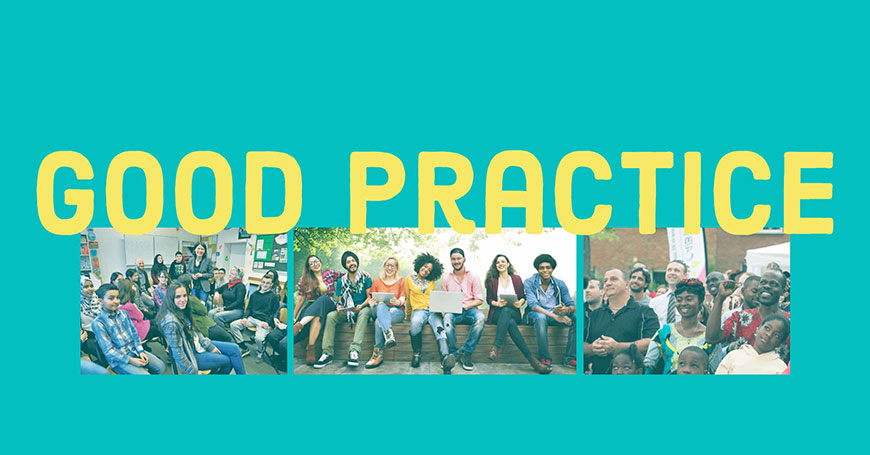Intercultural cities: good practice examples

The first step is the adoption (and implementation) of strategies that facilitate positive intercultural encounters and exchanges, and promote equal and active participation of residents and communities in the development of the city, thus responding to the needs of a diverse population. The Intercultural integration policy model is based on extensive research evidence, on a range of international legal instruments, and on the collective input of the cities member of the Intercultural Cities programme that share their good practice examples on how to better manage diversity, address possible conflicts, and benefit from the diversity advantage.
This section offers examples of intercultural approaches that facilitate the development and implementation of intercultural strategies.
A Strategic, Coordinated and Inclusive Approach to Migration
The development of the city’s Strategic, Coordinated and Inclusive Approach to Migration was the result of a year’s consultation and research over 2016 - 2017. The process included focus groups...
The Leeds Citizens Panel
Leeds has implemented the Leeds Citizens Panel[1], to ensure broad consultation and engagement in co-design involving people with diverse backgrounds in policy formulation. The panel enables the...
Diverse interaction on display in Cascais
Purpose: This initiative aims to celebrate the local diversity by showcasing the diverse interactions in the City. Stimulus/Rationale: Cascais is now a municipality of the world, with according to...


